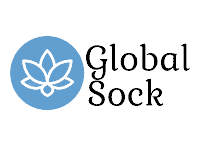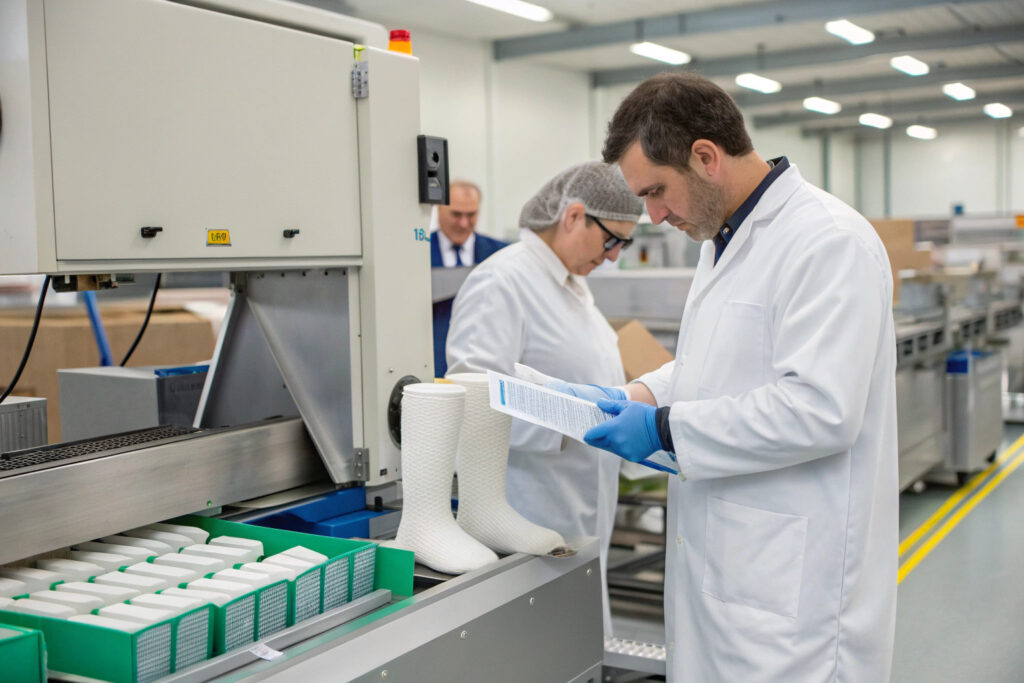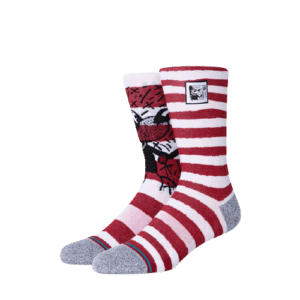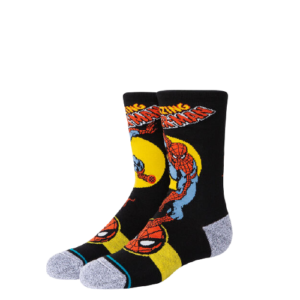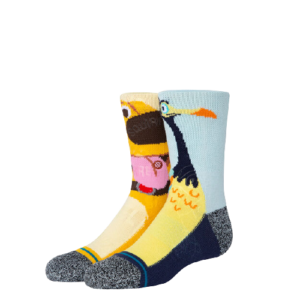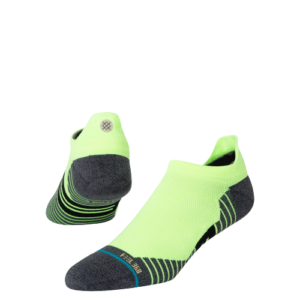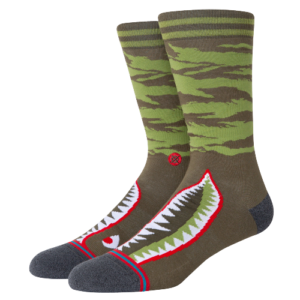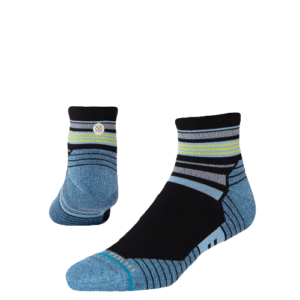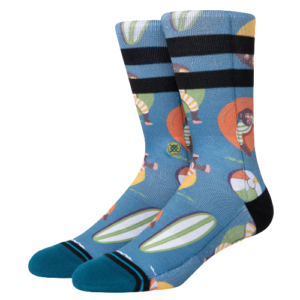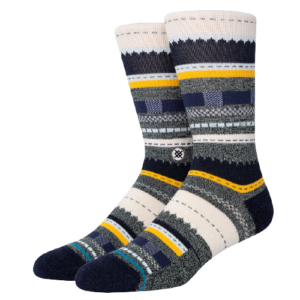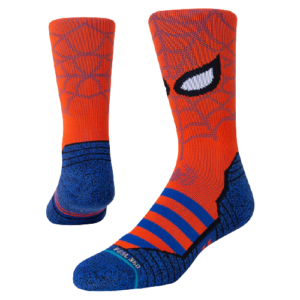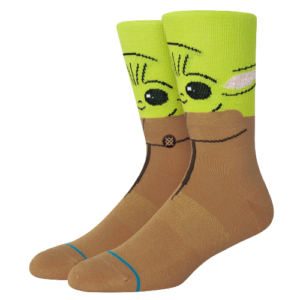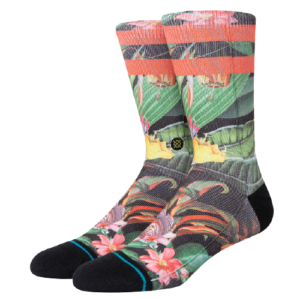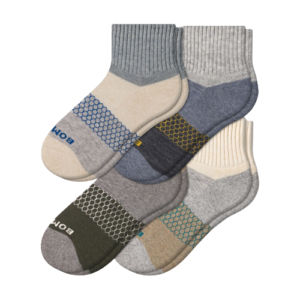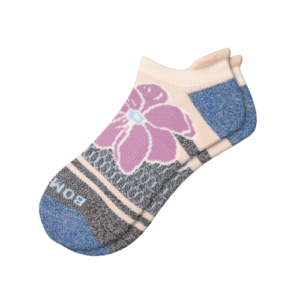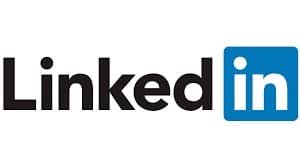When companies try to sell specialized socks like compression socks, diabetic socks, or recovery socks into the United States, they often face confusing rules. Many buyers worry about FDA requirements, testing costs, and whether their products even fall under the category of medical devices. Without clear guidance, it is easy to waste time or fail to meet compliance.
Socks that are marketed as medical devices in the U.S. must comply with FDA classification and certification standards, especially if they provide therapeutic functions like compression or diabetic protection. These products may need FDA registration, labeling compliance, ISO certifications, and third-party testing to meet U.S. market entry requirements.
Manufacturers who want to enter the U.S. healthcare or sports recovery market must understand the difference between ordinary fashion socks and those regulated as Class I medical devices. Knowing which certifications apply saves costs, reduces risks, and builds trust with buyers.
Do Compression Socks Need FDA Approval?
Compression socks are the most common type of medical socks exported to the U.S. market. Many suppliers are not sure if these products fall under FDA rules.
Yes, compression socks are regulated as Class I medical devices by the FDA, which means manufacturers and importers must register their products and comply with labeling and performance requirements.
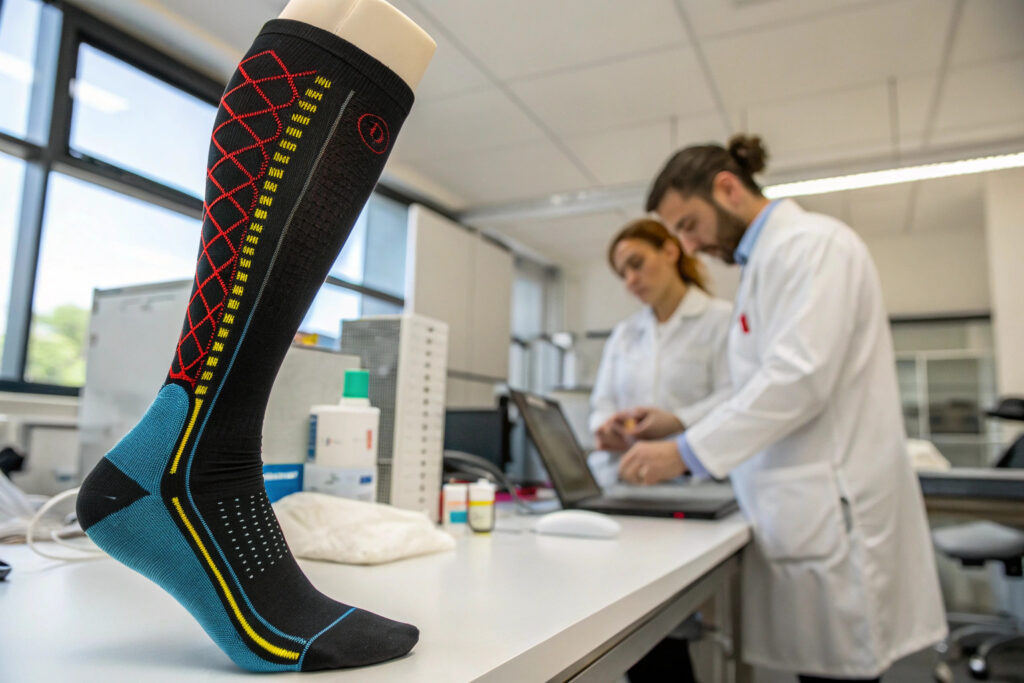
What is the FDA Classification for Compression Socks?
The FDA classifies compression stockings under 21 CFR 880.5780 as Class I medical devices. They are subject to general controls but exempt from premarket notification (510(k)) if they meet specific exemptions. This means manufacturers must register their establishment and list the device with the FDA but do not need to submit a full premarket application. You can read more on the official FDA medical devices database.
Which Testing Standards Are Required?
Manufacturers usually need to prove safety and performance through textile and medical standards. For example, ISO 13485 certification demonstrates compliance with medical device quality management. In addition, ISO 10993 for biocompatibility testing may be required if the socks use coatings or materials with direct skin contact. Buyers often also ask for OEKO-TEX® Standard 100 certification to ensure fabric safety. Guidance can be found on the ISO official site.
Are Diabetic Socks Considered Medical Devices?
Another fast-growing category is diabetic socks. These socks are marketed for patients who need to avoid blisters, maintain circulation, and prevent infections.
Yes, diabetic socks can be considered medical devices if marketed with therapeutic claims, which triggers FDA oversight.
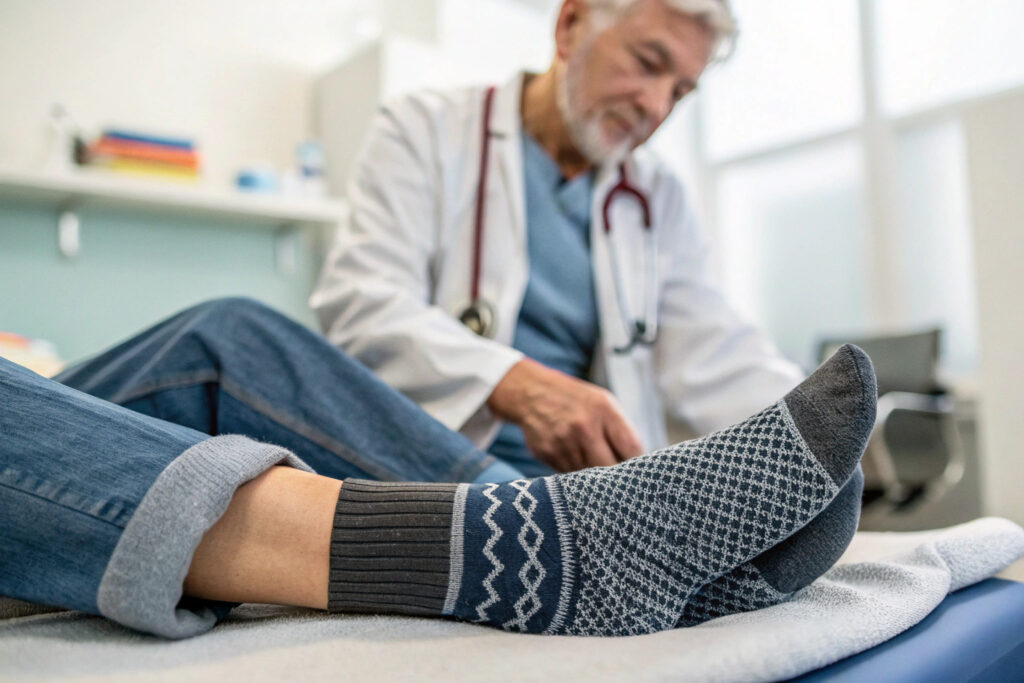
What Rules Apply to Diabetic Socks?
If a sock is only marketed as "comfortable" or "for daily wear," it is treated as apparel. But if advertised to “improve circulation” or “prevent ulcers,” the FDA considers it a medical device. This classification requires FDA registration and product listing. Detailed guidance can be found in the FDA Medical Device Overview.
What Testing and Certifications Are Expected?
Most U.S. distributors want AATCC antimicrobial testing and moisture-wicking verification. In addition, diabetic socks should comply with ASTM D4151 flammability testing for textiles. Hospitals and healthcare providers may also require suppliers to hold ISO 13485 certification. The ASTM standards library provides testing protocols.
What Labeling Rules Apply to Medical Socks?
Even if socks meet quality standards, poor labeling can block them at U.S. customs. FDA rules and textile labeling laws overlap here.
Medical socks must comply with both FDA device labeling and FTC textile labeling requirements.
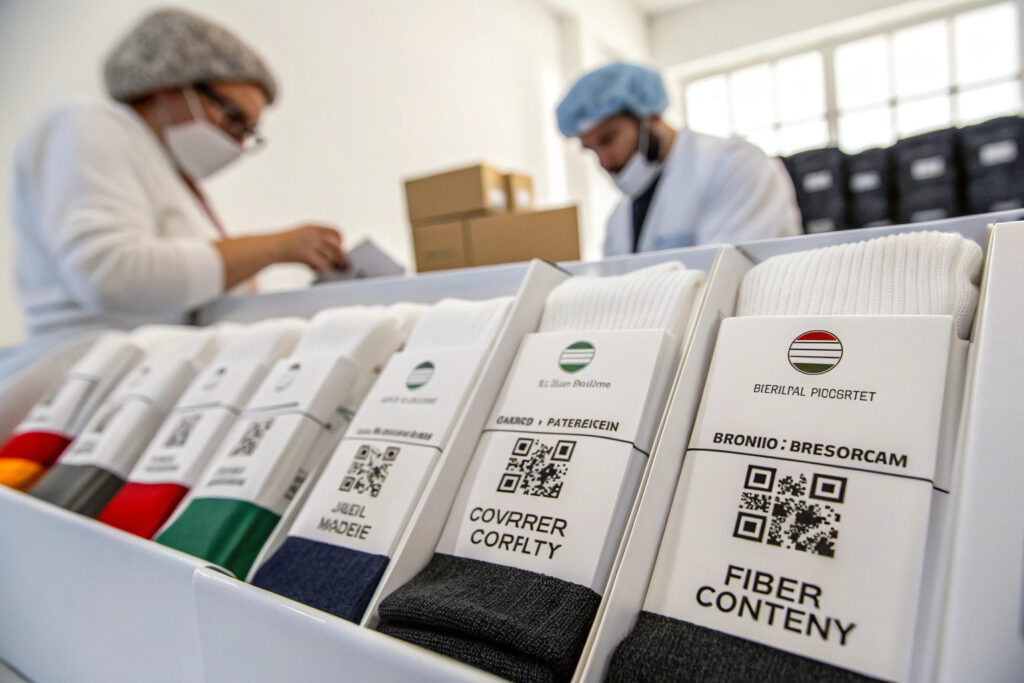
What Information Must Be on the Label?
Labels must include the manufacturer’s name, country of origin, fiber content, care instructions, and, if medical, specific use indications. For compression socks, the label must state the compression level (e.g., 15–20 mmHg). Details are explained on the U.S. FTC Textile Labeling Guide.
How to Avoid Common Labeling Mistakes?
Many exporters forget to list U.S. agent information or FDA establishment ID on packaging, which can delay customs clearance. Using QR codes linked to testing certificates and FDA registration pages is an emerging best practice. Examples of compliance packaging can be reviewed on GS1 US.
Do Exporters Need Third-Party Certification?
Suppliers often wonder if third-party certifications are mandatory before shipping socks to the U.S.
Third-party certification is not always legally required, but it strongly improves buyer confidence and customs clearance.
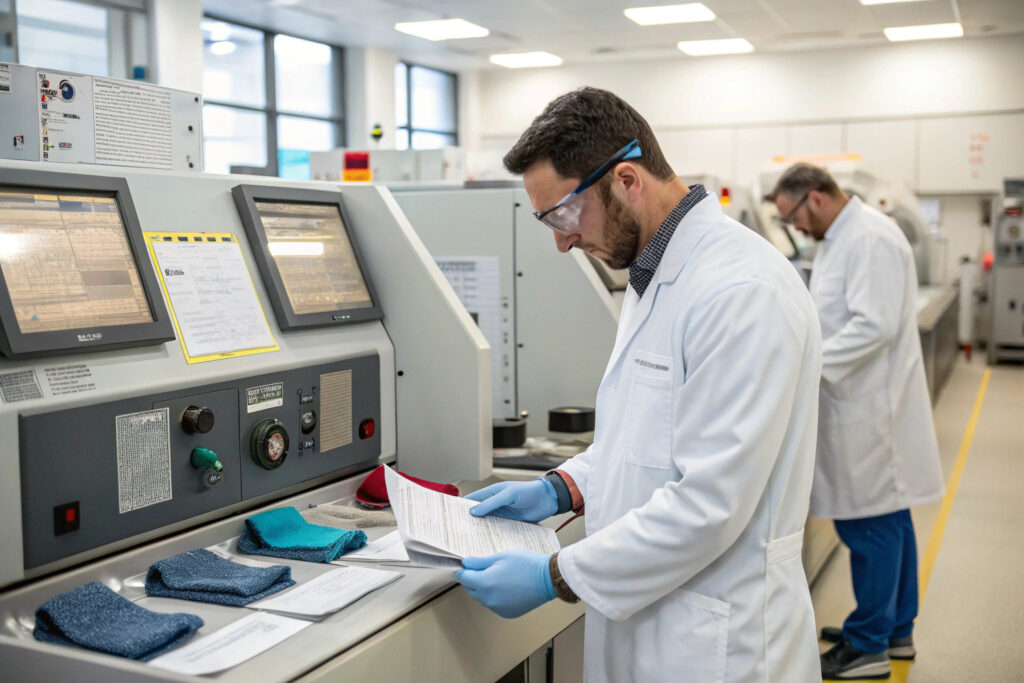
Which Certifications Add Value?
The most requested certifications include ISO 13485, OEKO-TEX® Standard 100, and CE Marking (for EU but often recognized globally). While CE marking is not required in the U.S., many American buyers accept it as proof of quality. Information on CE marking can be found on the European Commission website.
What Role Do Testing Labs Play?
Labs like SGS, Intertek, and TÜV SÜD provide testing and certification services. These third-party reports can support FDA registration and reassure U.S. importers. You can find services at SGS and Intertek. Partnering with accredited labs also helps in resolving disputes with customs or buyers.
Conclusion
In summary, socks that claim medical benefits such as compression or diabetic care must comply with FDA Class I medical device rules, textile labeling laws, and quality certifications like ISO 13485. While not every pair of socks requires FDA approval, those marketed for therapeutic purposes definitely do. Exporters who prepare documentation, third-party tests, and compliant labels will find it much easier to enter the U.S. healthcare and wellness market.
If you are considering producing your own branded socks for the U.S. or global market, our company Shanghai Fumao can help you navigate compliance, manufacturing, and logistics. Contact our Business Director Elaine at elaine@fumaoclothing.com to start your project with a trusted partner.
